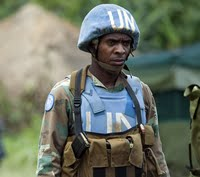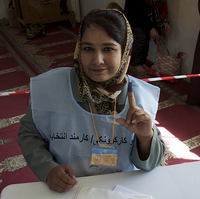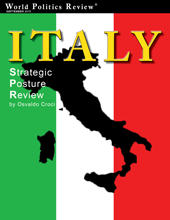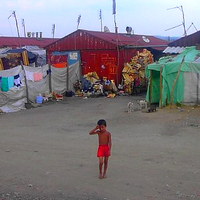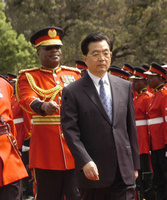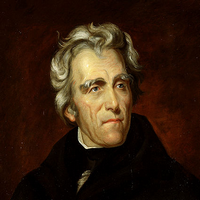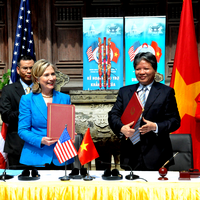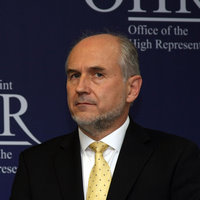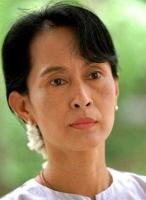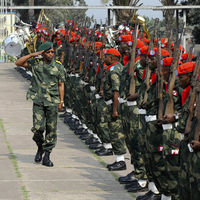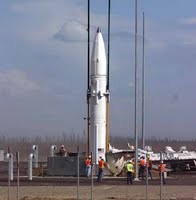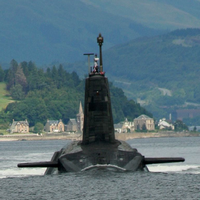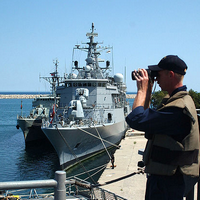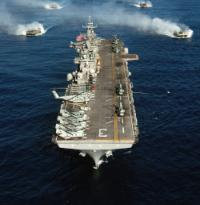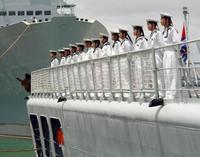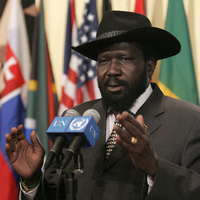
JUBA, Sudan — Growing fears over Southern Sudan’s approaching referendum on self-determination have ratcheted up the stakes of Friday’s summit between U.N. Secretary-General Ban Ki-Moon, U.S. President Barack Obama and high-level representatives of Sudan. Secretary of State Hillary Clinton recently referred to the situation as a “ticking time bomb,” and statements this week from various officials on the sidelines of the U.N. General Assembly in New York have further contributed to the bleak international outlook. Preparations for the referendum vote are badly lagging, as are negotiations between Khartoum and Juba over post-referendum arrangements. Meanwhile, trust between the North and South […]

